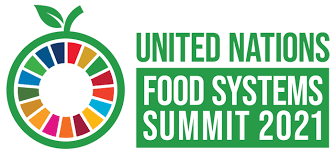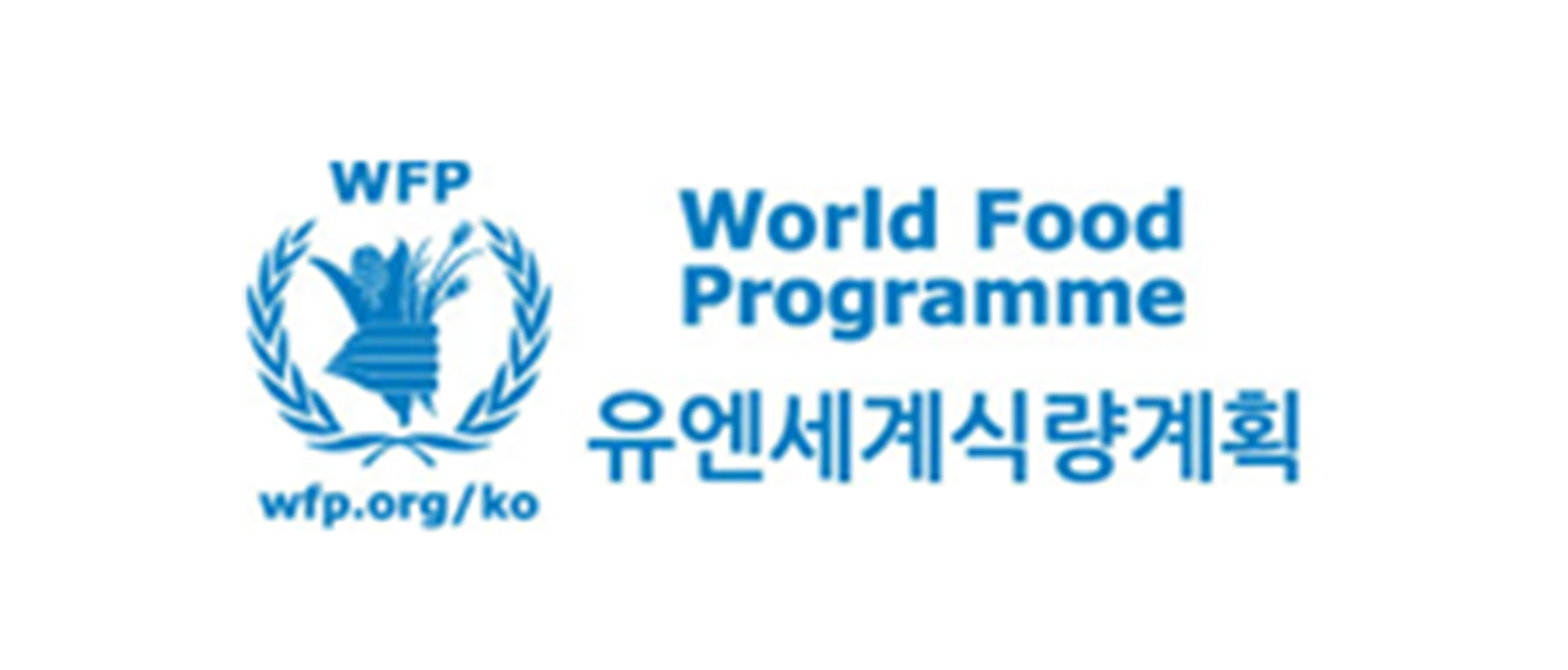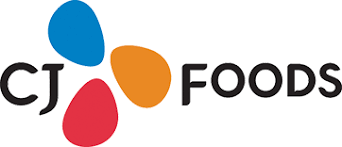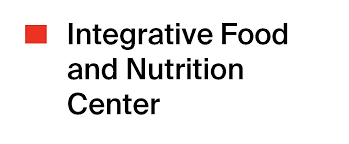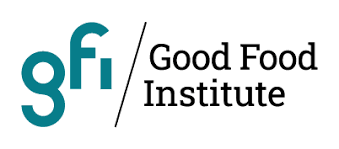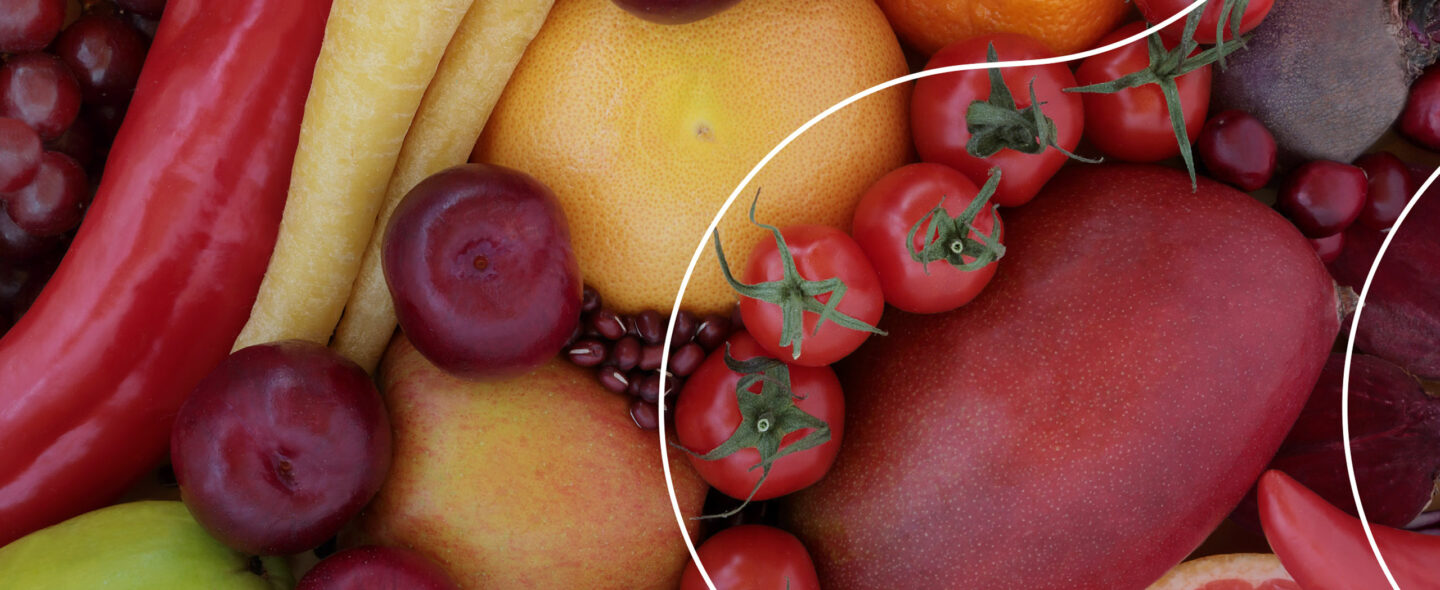
The UN Environment Program estimates that 931 million tons of food waste were generated in 2019, 61% of which came from households, 26% from foodservice and 13% from retail. That means that as much as 17% of total global food production is never consumed. Household per capita food waste generation is found to be broadly similar across country income groups, suggesting that actions to tackle food waste are equally relevant in higher, upper and lower-middle-income countries. The lack of education in this field generates confusion among consumers regarding recycling and resource circulation concepts. Other impacts on sustainability derive from agricultural production systems, causing deforestation, pollution, contamination and loss of biodiversity. Innovation also plays an essential role in the AgriFood production chain, bringing new solutions to sustainability from farming to restaurants and consumers’ homes.
Education and innovation are the keys to building a resource-circulating society. This independent dialogue within the United Nations Food Systems Summit aims to inspire solutions-oriented to grow awareness, modify consumers’ behavior and propose new practices for a transition to a more sustainable production and consumption. Dots between Brazil, South Korea and Switzerland will be connected by sharing current initiatives and discussing how they could vehicle the transformation in different cultural and social contexts.
The following topics were discussed by the panelists:
Collaborative approach: The power of collaboration across the Private Sector, Government, Media and NGOs is key to systematically address this issue, creating shared value and convincing stakeholders that they can be part of this change. What are the current status and leading sectors in the specific countries?
Current initiatives: what are the current initiatives on place at the interface between sectors? How to shift consumers’ behavior, market and industry practices and transform initiatives from exception to standard at the local level?
Cross-borders approach: food waste prevention and reduction is an issue to be tackled by joining forces worldwide. Initiatives aimed at reaching this goal are effective if independent or adaptable to geolocations and wealth conditions. What is still missing? How to build this bridge?
Role of technology: when does technology start playing a fundamental role? Can innovative food provide viable alternatives to industry standards? How can it be involved in the education of consumers considering different age ranges, cultural background, accessibility, etc?
